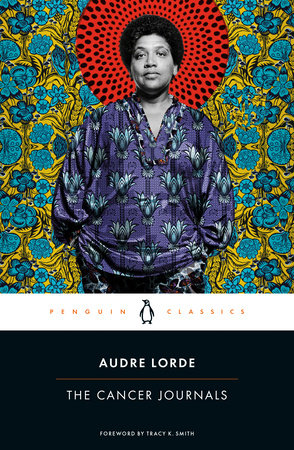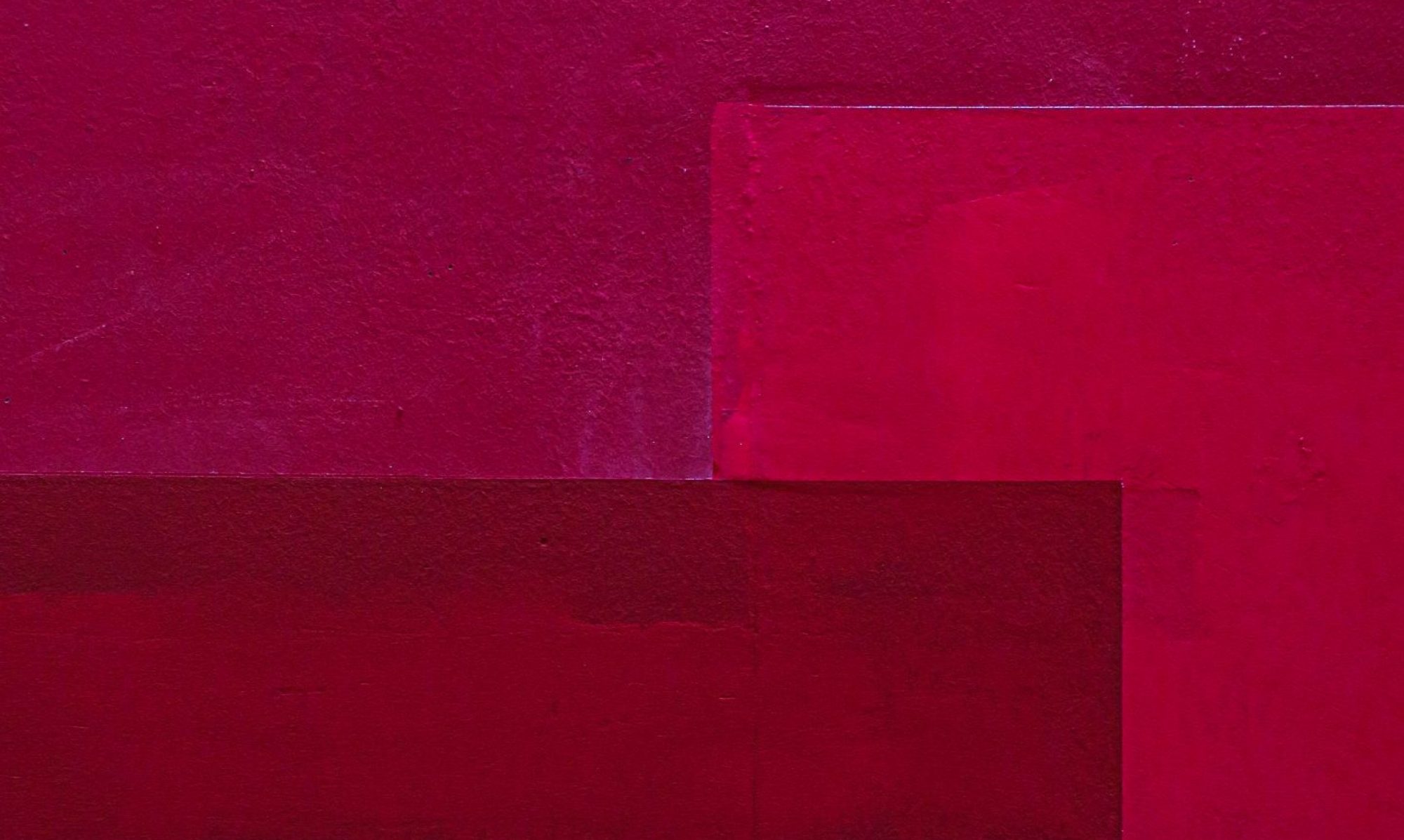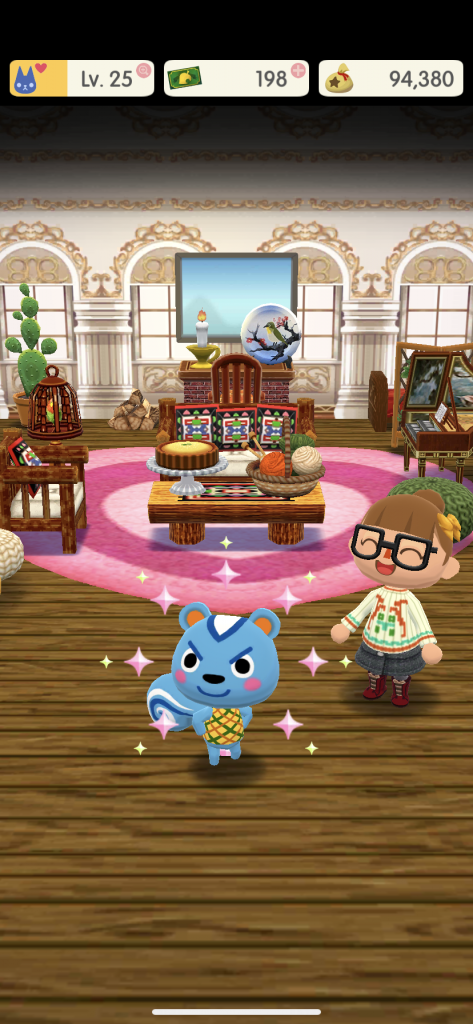
Audre Lorde’s The Cancer Journals is a piece of literature that sparked a revolution. In 1978, feminist writer Audre Lorde discovered a lump in her right breast, which later proved to be breast cancer. Immediately after her mastectomy, doctors encouraged her to wear a prosthetic breast to help her look more like a “woman” again. However, Lorde decided not to wear a prosthetic breast in order to display her warrior strength and to be representative of a member in the community of breast cancer survivors. Audre Lorde is a woman who has published countless works that gives a voice to marginalized groups and highlight issues of race, class, gender, and identity, having people recognize them in a new fashion. Audre Lorde’s identity is a crucial factor that influences her writing, teaching, and research. Lorde defines herself as a “black, lesbian, mother, warrior, poet.” Lorde takes her identity and uses that as a platform to show her growth as a powerful woman who proudly advocates for humans like herself. Rather than keeping the insights of this journey buried in her personal journals, she decided to publish them in The Cancer Journals. Lorde’s The Cancer Journals gave readers an accessible piece of autobiography, medical research, and advice all in one as a clap back to the capitalistic society that pushes women to fit the mold they want.
During the 1970s, women with identities such as a black, lesbian, and feminist, had to stand up against a society that did not accept them. During this time, their beliefs were ignored and opposed by a patriarchal and racist society. A significant event that Lorde has survived through in her life is breast cancer. A reoccurring pairing theme that appears in Lorde’s writing is the saying “we were never meant to survive” (“A Litany for Survival”). Having a mastectomy done left Lorde with one breast. While society saw this as loss of a breast as the death of femininity, Lorde used it as an opportunity to critique these patriarchal attitudes towards women’s bodies. Medical staff challenged and shamed Lorde to insist upon her following their guidelines of “morale for the [breast surgeon’s] office.” In the hospital, Lorde experienced racism and sexism. Lorde navigated these damaging conditions by finding strength within herself to be liberated by her diagnosis. Lorde was searching for a community of people that would enlighten her as she spread her newly found knowledge based on this life experience.
In The Cancer Journals, Lorde reflected on how she noticed the doctors and nurses in the United States promote one specific way on how to deal with breast cancer- with a physical prosthesis after a necessary surgery. The journey to recovery is looked at as an opportunity to once look like a “woman” again. Lorde clarifies that “The emphasis on wearing a prosthesis is a way of avoiding having women come to terms with their own pain and loss, and therapy, with their own strength” (49). These journals are a perfect example of feminist text in how Lorde shares her liberating breast cancer journey while she didn’t let society instill her with materialistic and surface values regarding a women’s image. As Lorde viewed it, forcing women to wear a prosthetic breast was an act of sexism. Instead, Lorde used her experience to give women resources to create their own definition of healing after dealing with a massive life-defining experience such as cancer. The Cancer Journals started a movement, allowing women to be the divine feminist they can choose to be with the power of their voice. Audre gave the community of breast cancer survivors more options, helping survivors realize that cosmetic surgery is not their only option. Lorde brought awareness of how crucial mental and spiritual well-being matter, despite the cosmetic solutions presented to them.
Lorde emphasizes how the medical industry treats breast cancer as a cosmetic problem- as just the reconstruction of breasts. Lorde has concluded upon her doctor visits that there is an extreme “…emphasis upon the cosmetic after surgery reinforces this society’s stereotype of women, that we are only what we look or appear, so this is the only aspect of our existence we need to address” (57). This significant aspect of appearance angered Lorde until she was lost for words when facing nurses that told her it is best to put on the prosthesis instead of exercising the choice Lorde has as a woman and patient. While patriarchal society encouraged cancer survivors to hide their scars behind a prosthetic breast, Lorde chose not to wear one and to make her scars visible. Lorde saw how damaging the medical industry’s mentality and practices are to women around the world who deal with breast cancer too. Lorde knew that being able to create pleasure for one’s life is one of the most cherishable aspects of living. In order for women to create their own pleasure, it’s necessary that Lorde voiced her opinions and observations on how the medical industry does not give women all options available on how to continue with their journey of breast cancer. Lorde points out that medical professionals do not take into account emotions behind this life-changing news for a patient, and want to cover up the signs of illness rather than focus on recovering a patient with full mental health.
In many ways, Lorde harnesses the power her voice has and published a work that was controversial to the public, but revolutionary for women of all identities. Lorde embodies a feminist perspective: through her voicing her thoughts on paper and through platforms like her annual literary award for poetry, she can give back to communities that do not have all the freedom necessary to live the most pleasurable life. The Cancer Journals is a work of art in how it allows people living with breast cancer not further to be victims of a patriarchal, capitalistic society by giving readers the tools to stand up for themselves. Lorde exposes the medical field withholding knowledge from patients to women who have not received an explanation on all further diagnosis, treatments, procedures, and recovery options because it is a form of victimization on the medical professionals’ side. A loss of power, in which the just situation should have the ability to make an informed decision. Lorde writes, “For as we open ourselves more and more to the genuine conditions of our lives, women become less and less willing to tolerate those conditions unaltered, or to passively accept external and destructive controls over our lives and our identities” (58). Lorde gave the gift of accessibility of information on medical documents that were too complex for a typical citizen who hasn’t studied for their Ph.D., or not translated in the same language a woman needs when trying to study for the best option available for her breast cancer treatment. Lorde wanted to give all women the sense of empowerment by giving them the knowledge to not fall into the trap of forcing consumerism upon a patient.
One of Lorde’s goals for publishing her experience is for survivors to read this and think about how a community can be a saving force and a revolutionary one too. Society does not make it acceptable for women to have one breast after the mastectomy, continually telling them to cover up the scars so people could not tell what they have gone through. Lorde works to reverse these non-printed rules with The Cancer Journals by telling readers that the only option is not the one doctors provide, and that with scars comes courageous strength to face society as a breast cancer survivor.
In The Cancer Journals, Lorde gives her readers the tools to be their own advocate because of institutional sexism and racism involved. The emphasis is placed on the woman’s appearance and how treating cancer by a mastectomy ruins a women’s appearance and sexual appeal. Lorde exposes how even the nurses force so much pressure on women to wear the prosthetic breasts to look “normal” and shame you from being proud of being a survivor. Lorde explains, “By accepting the mask of prosthesis, one-breasted women proclaim ourselves as insufficient dependent upon pretense. We reinforce our own isolation and invisibility from each other, as well as the false complacency of a society which would rather not face the results of its own insanities” (61). What is discouraged in society is an internal reflective analysis of life around an individual, and this inner critical thinking could start a feminist revolution if all women noticed the pattern that Lorde lays out in her work. Lorde focuses on the true feelings of women, and what should empower them to be the best feminist activist for themselves and others. The Cancer Journals not only sparked a revolution on how feminist can rethink what it means to be a woman facing breast cancer in America, but played a part in exposing the medical industry on how it treats differences in identity so people can reject the surface level healing provided, and continue advocating for the best options available.
Works Cited
Lorde, Audre. The Cancer Journals. , 1980. Print.
“A Litany for Survival”: The Life and Work of Audre Lorde. New York, NY: Third World Newsreel, 1996.

